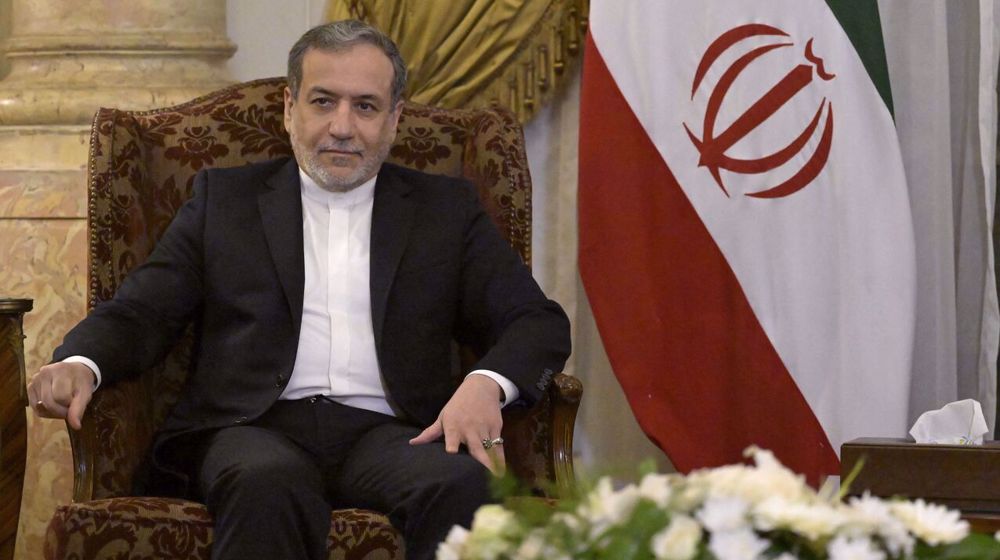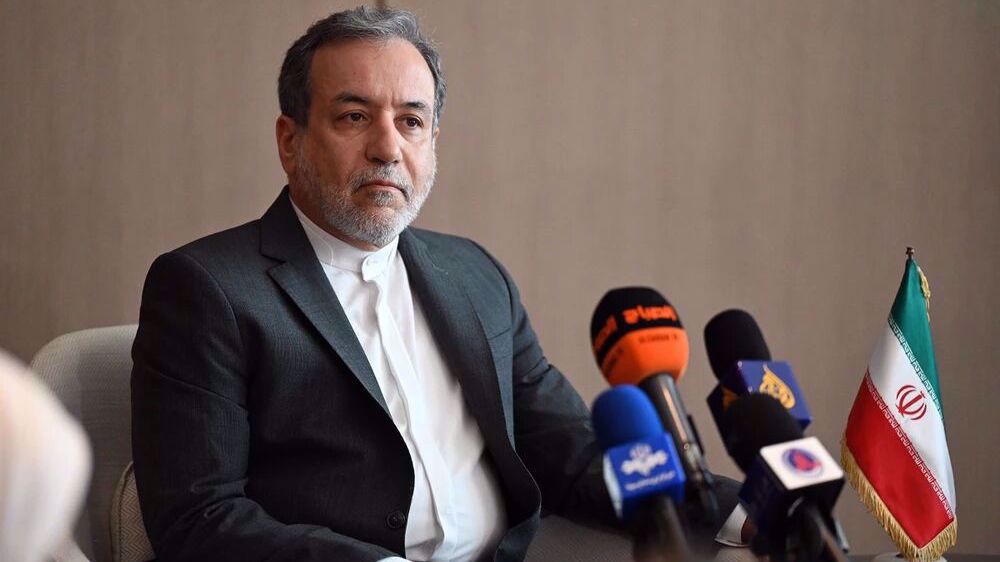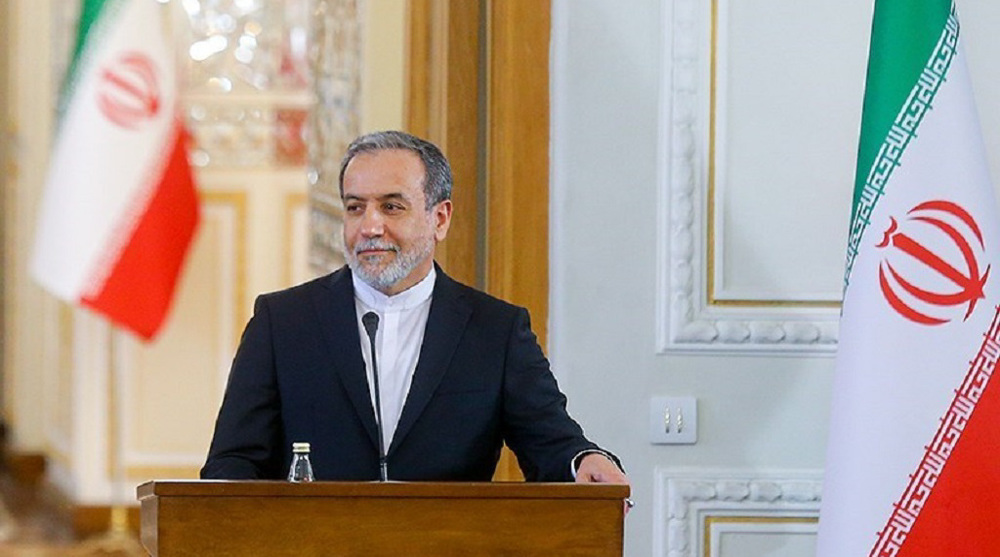Israel main obstacle to nuke-free Middle East: Iran
Iran's ambassador to the International Atomic Energy Agency (IAEA) has slammed the Israeli regime as the main obstacle to the establishment of a nuke-free Middle East, urging the international community to pressure Tel Aviv to join the Non-Proliferation Treaty (NPT).
Tel Aviv’s “prohibited nuclear activity has seriously threatened regional peace and security and endangers the non-proliferation regime,” said Reza Najafi in an address to the 59th session of the IAEA’s General Conference in the Austrian capital city of Vienna on Thursday.
Najafi also voiced concern and regret that “this non-party to the NPT which continues to run its illegal underground nuclear military program, supported by its allies, has not even declared its intention to accede to the Treaty and abandon its weapons of mass destruction program.”
The Iranian envoy further blamed "certain" permanent members of the United Nations Security Council for Tel Aviv’s “intransigent” nuclear policy.

“The Israeli regime, confident of the political and military support of certain UN Security Council permanent members, has neither acceded to the NPT, nor placed its secretive underground nuclear facilities under the IAEA safeguards,” he went on to say.
Elsewhere in his remarks, Najafi noted that the goal of creating a region free of nuclear weapons would not be realized unless the international community exerts “sustained pressure on the Israeli regime in order to compel it to accede, promptly and unconditionally, as a non-nuclear weapon party, to the NPT and to place all of its underground nuclear activities and installations under the IAEA full-scope safeguards.”
Israel is widely believed to be the sole possessor of a nuclear arsenal in the Middle East and has so far blatantly violated the international rules regarding nuclear non-proliferation. The Tel Aviv regime has never allowed any inspections of its nuclear facilities.
This is while a resolution calling for the monitoring of Israel’s nuclear activities and facilities failed to secure enough votes at the IAEA’s general assembly on Thursday.
Sixty-one countries, including the United States and the entire member states of the European Union, voted against the resolution, while 43 countries, including Iran, Russia and Turkey, voted in favor, and 33 states, including Brazil and India, abstained.
More pro-Gaza rallies held across Yemen
'Hunger is everywhere in Gaza': UN food agency
Iran dismisses Arab League accusations, says wants stability in Syria
Syria's HTS militants seek ‘peace’ with Israel
VIDEO | Israel violations of ceasefire
Hamas: Israel’s raid on Kamal Adwan Hospital ‘war crime’
VIDEO | TELECOM 2024 brings together ICT firms in Iran
South Korea’s parliament impeaches acting President Han Duck-soo










 This makes it easy to access the Press TV website
This makes it easy to access the Press TV website